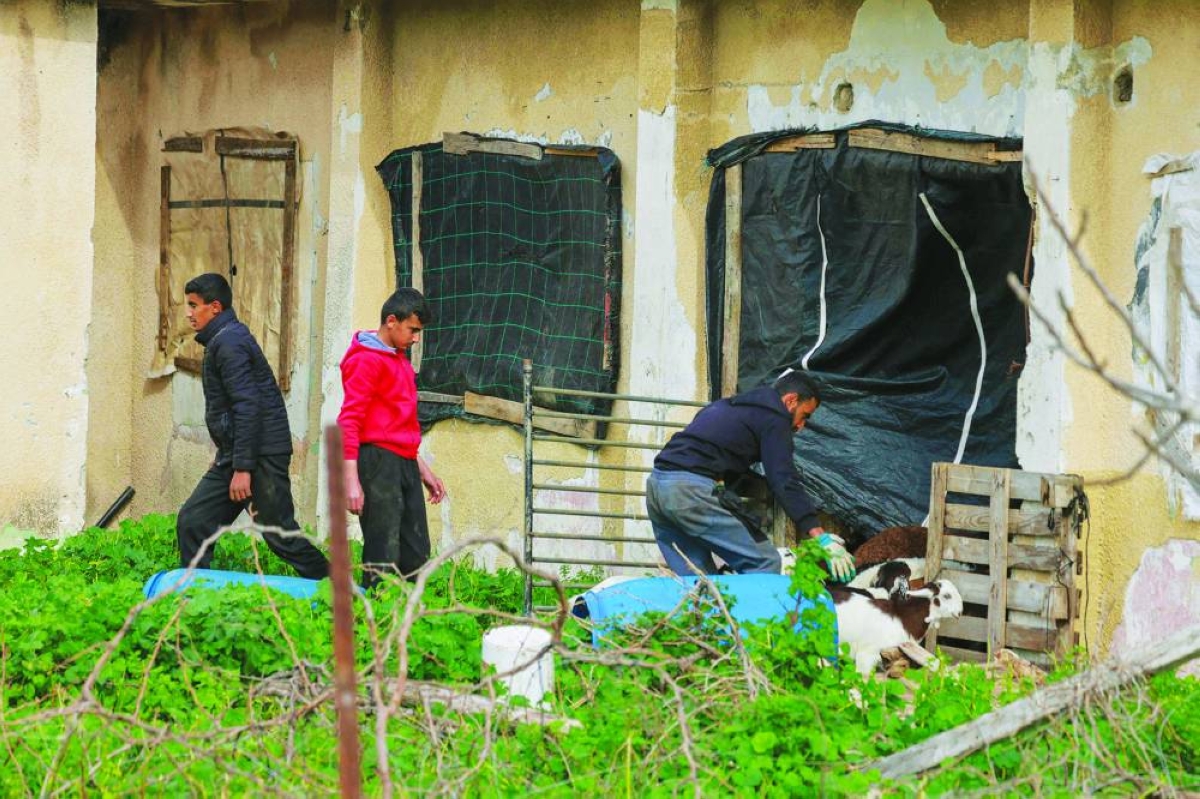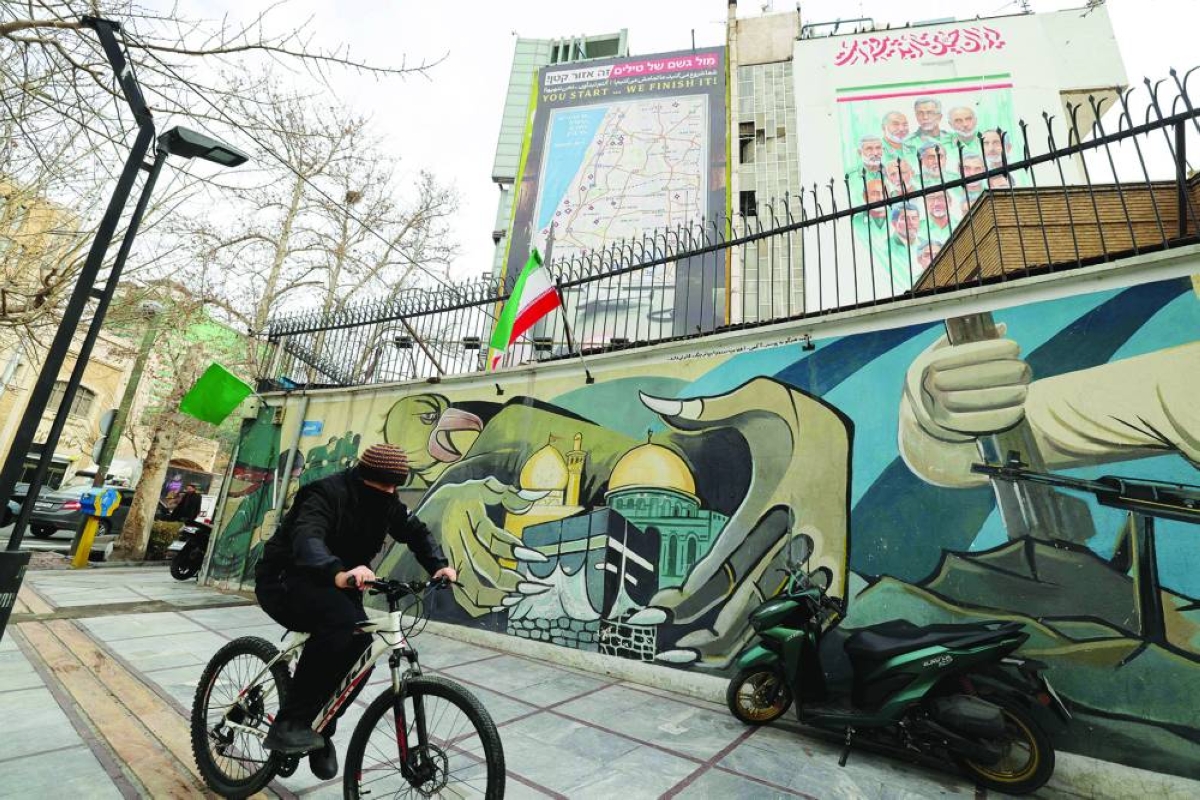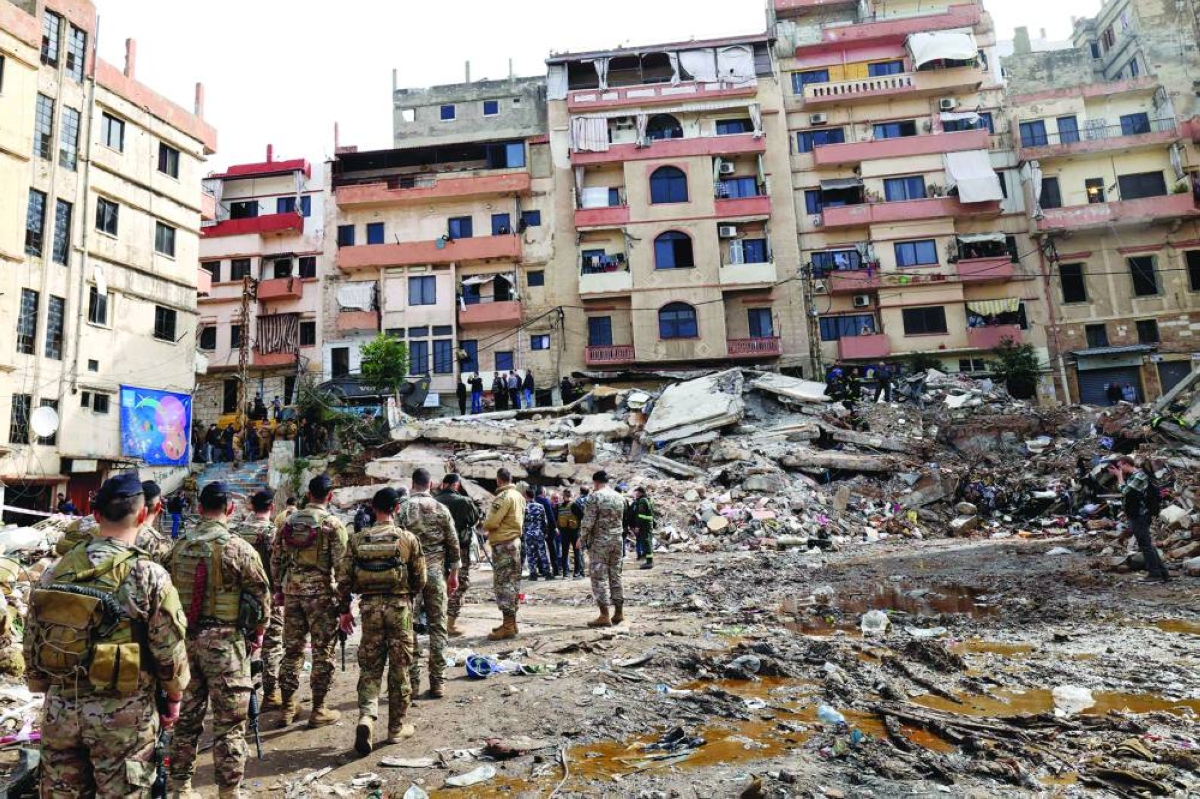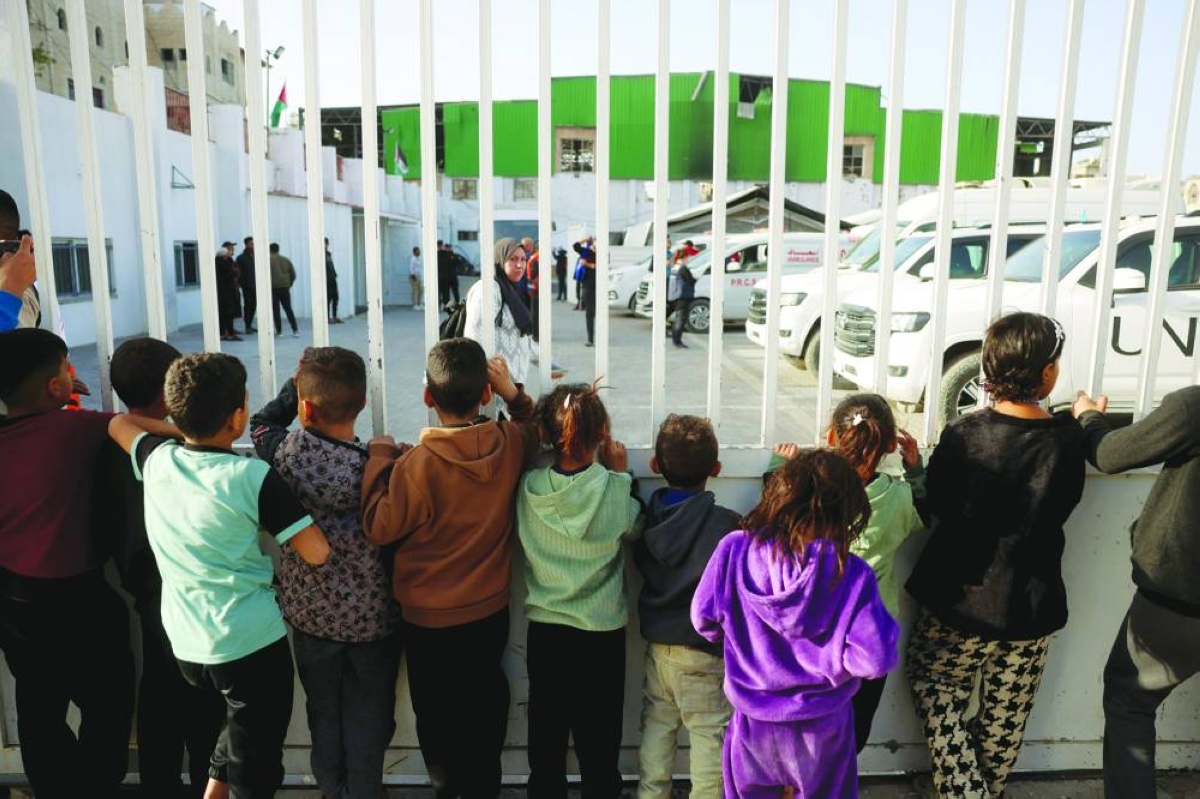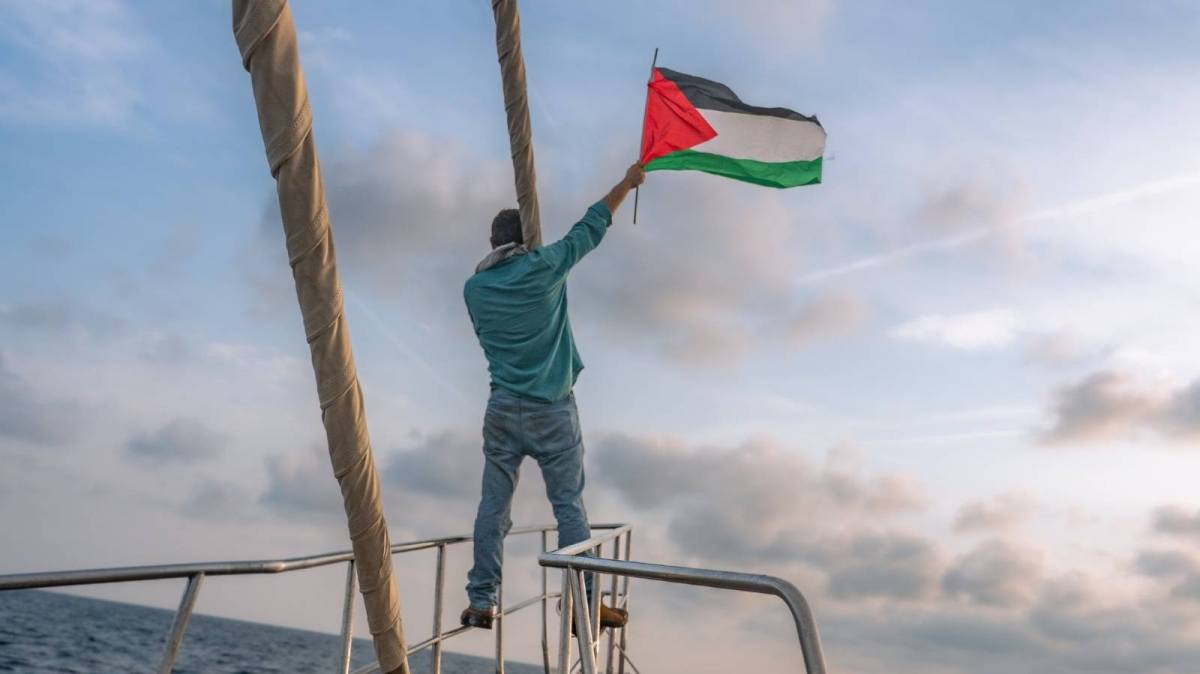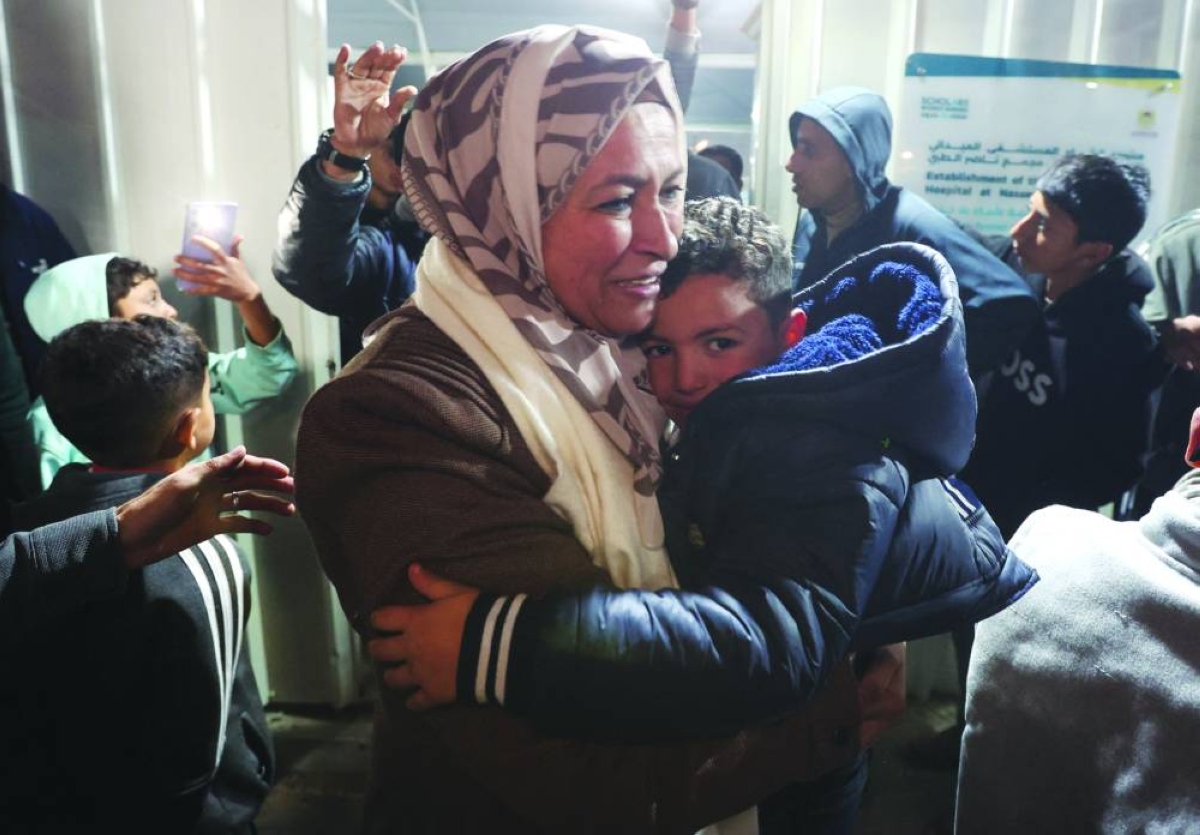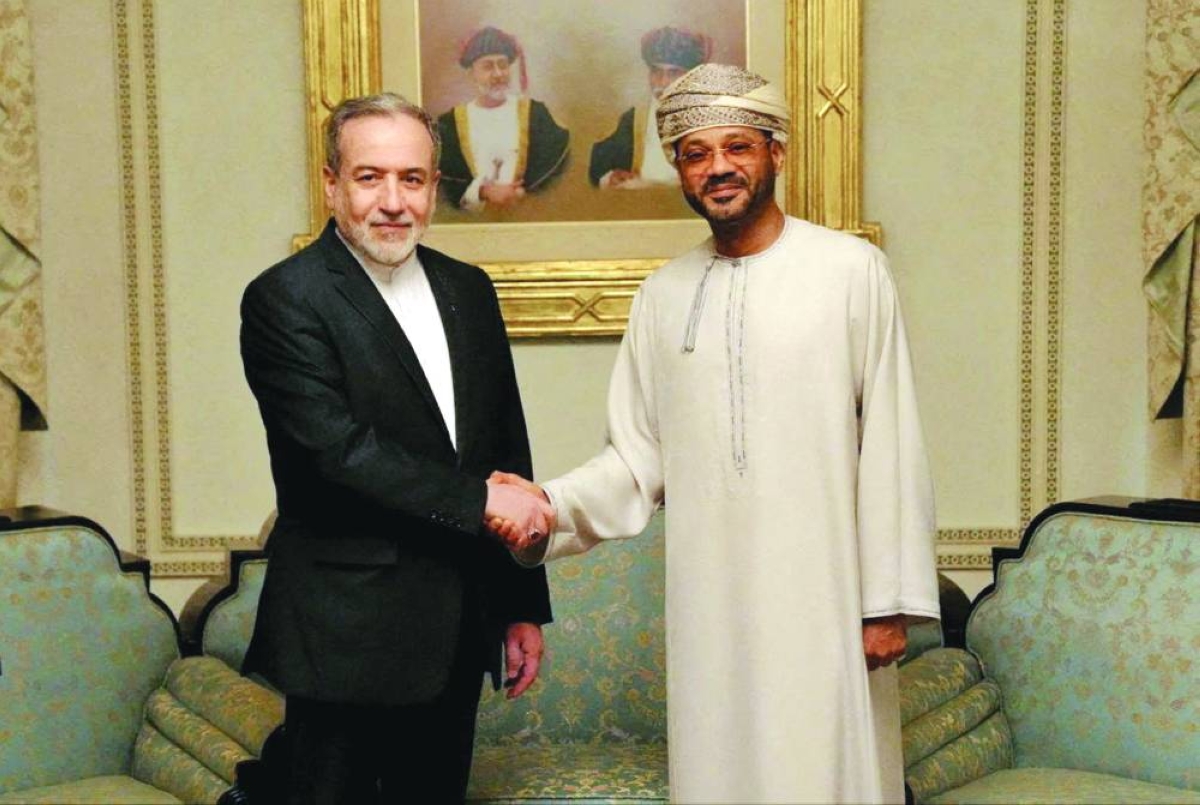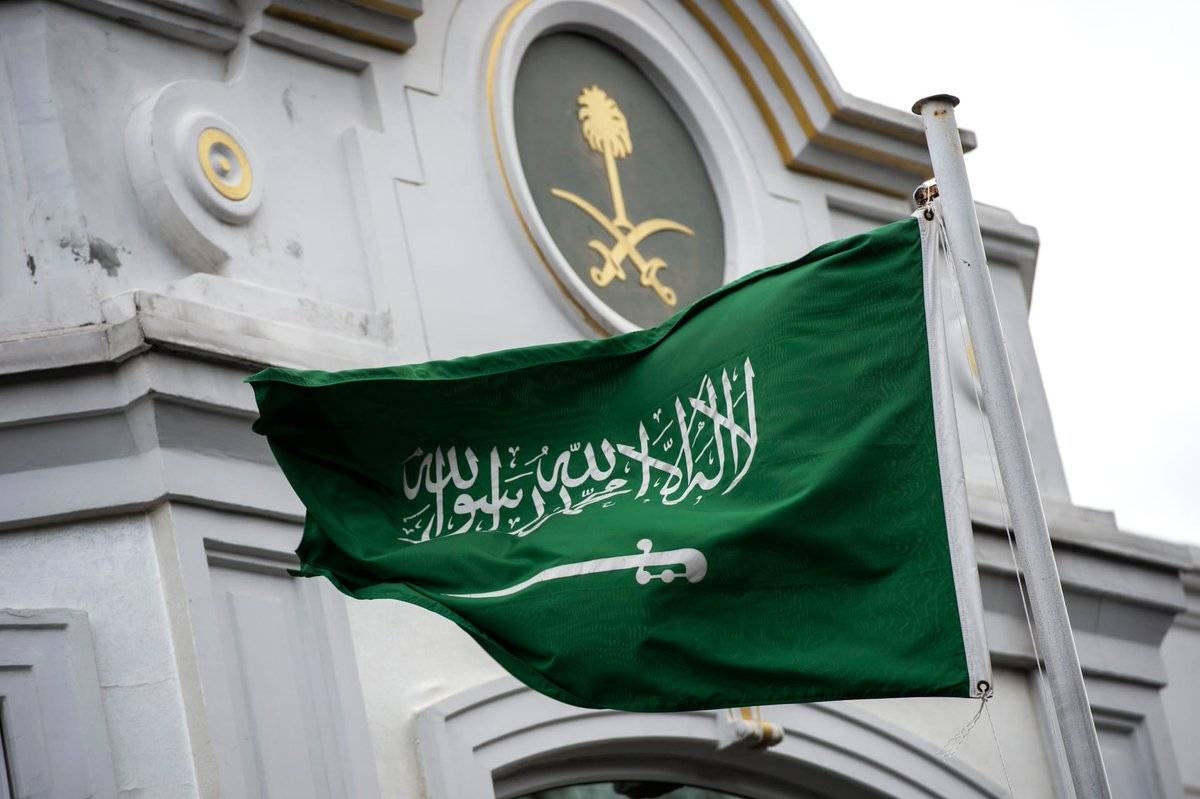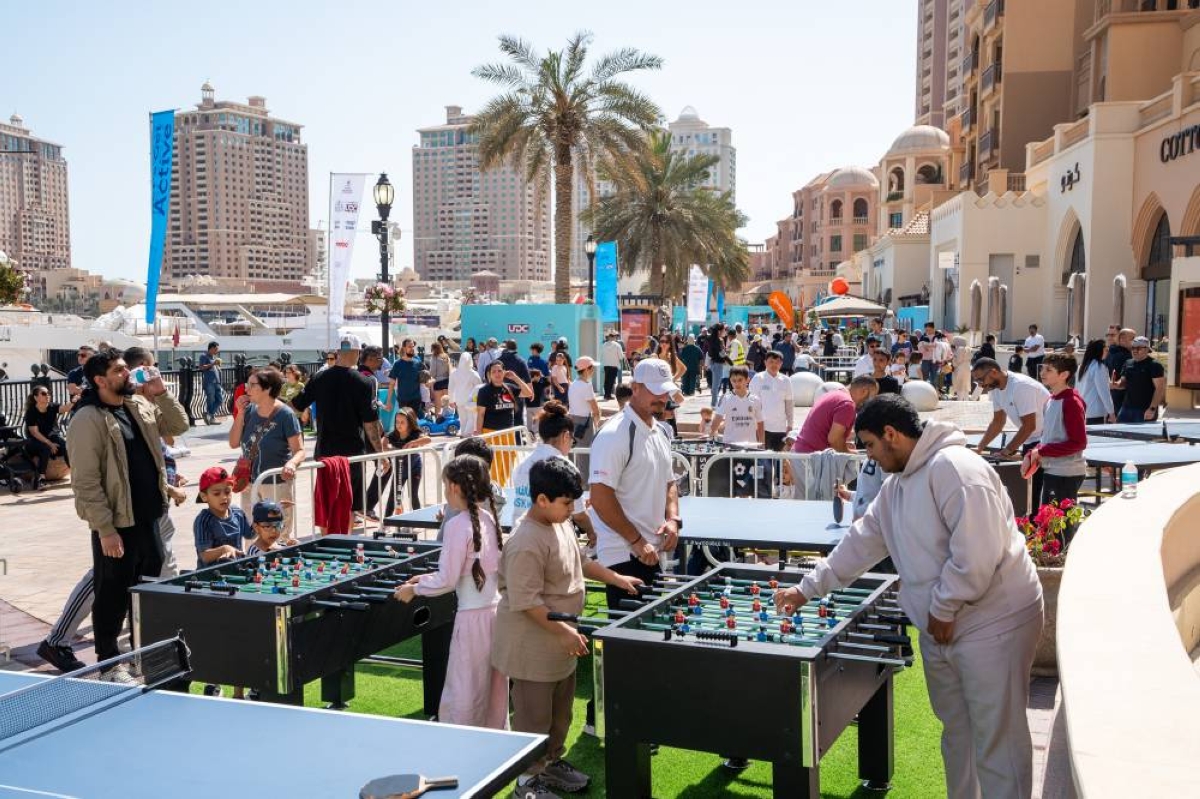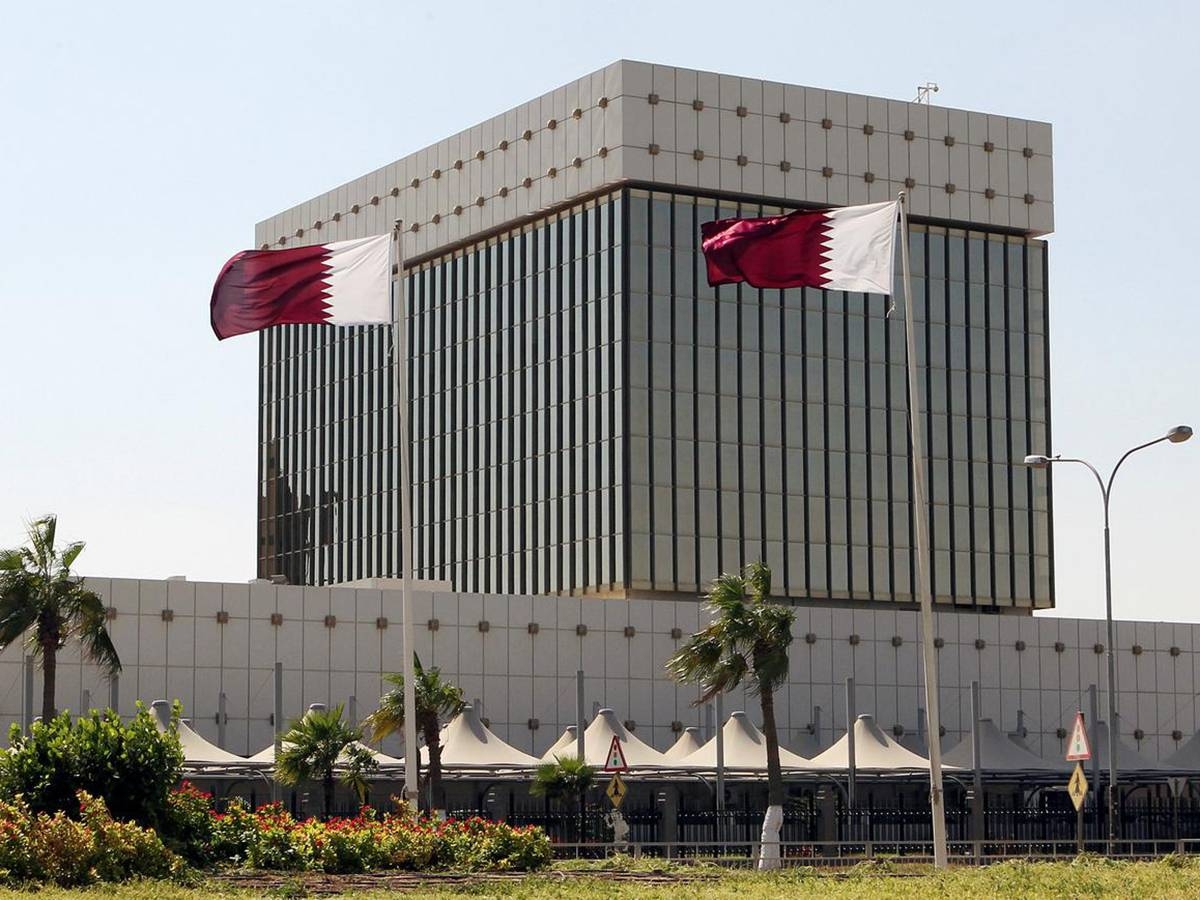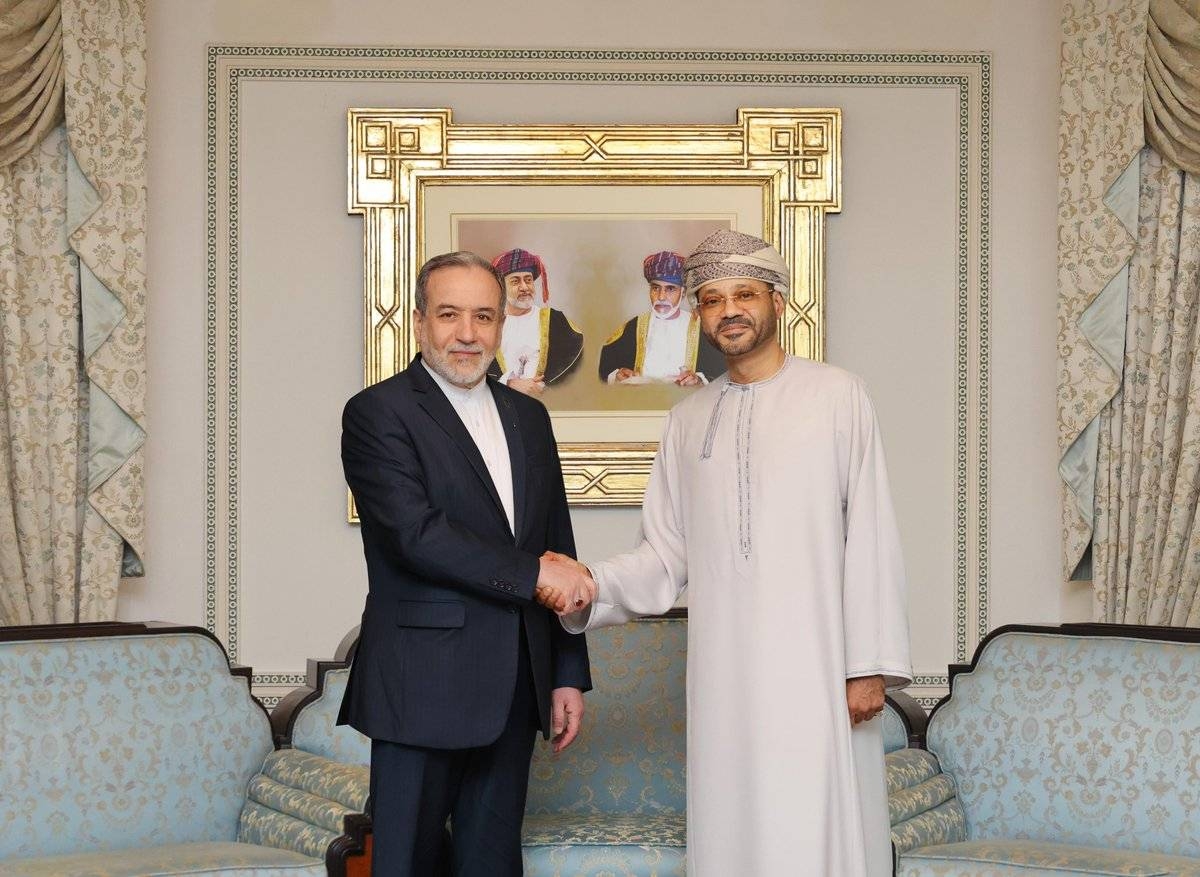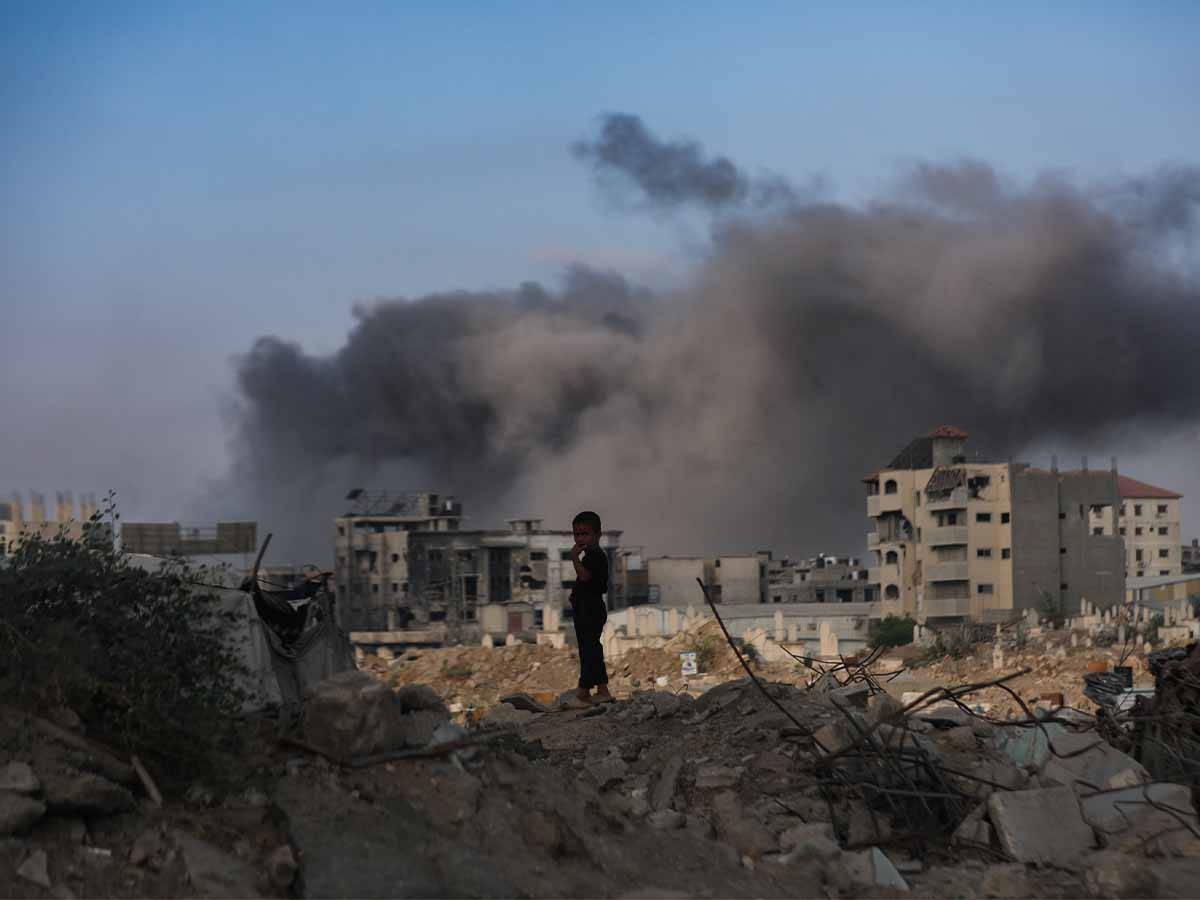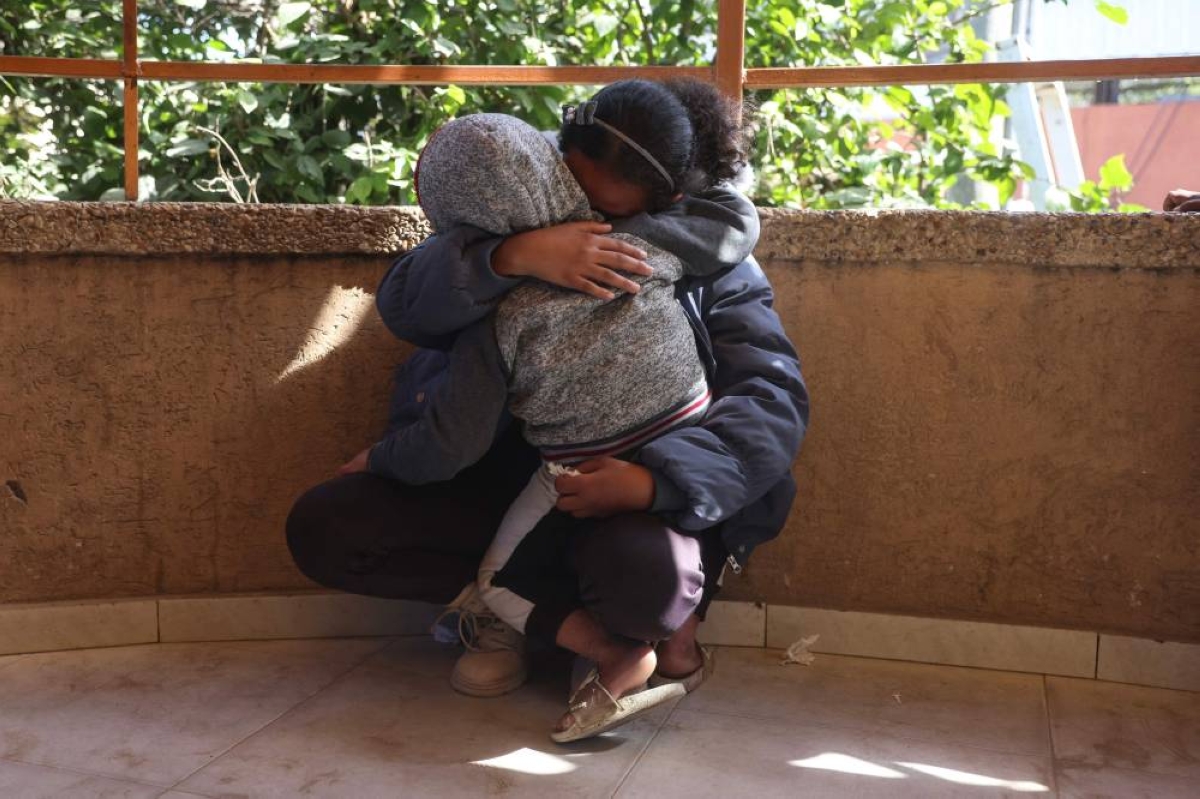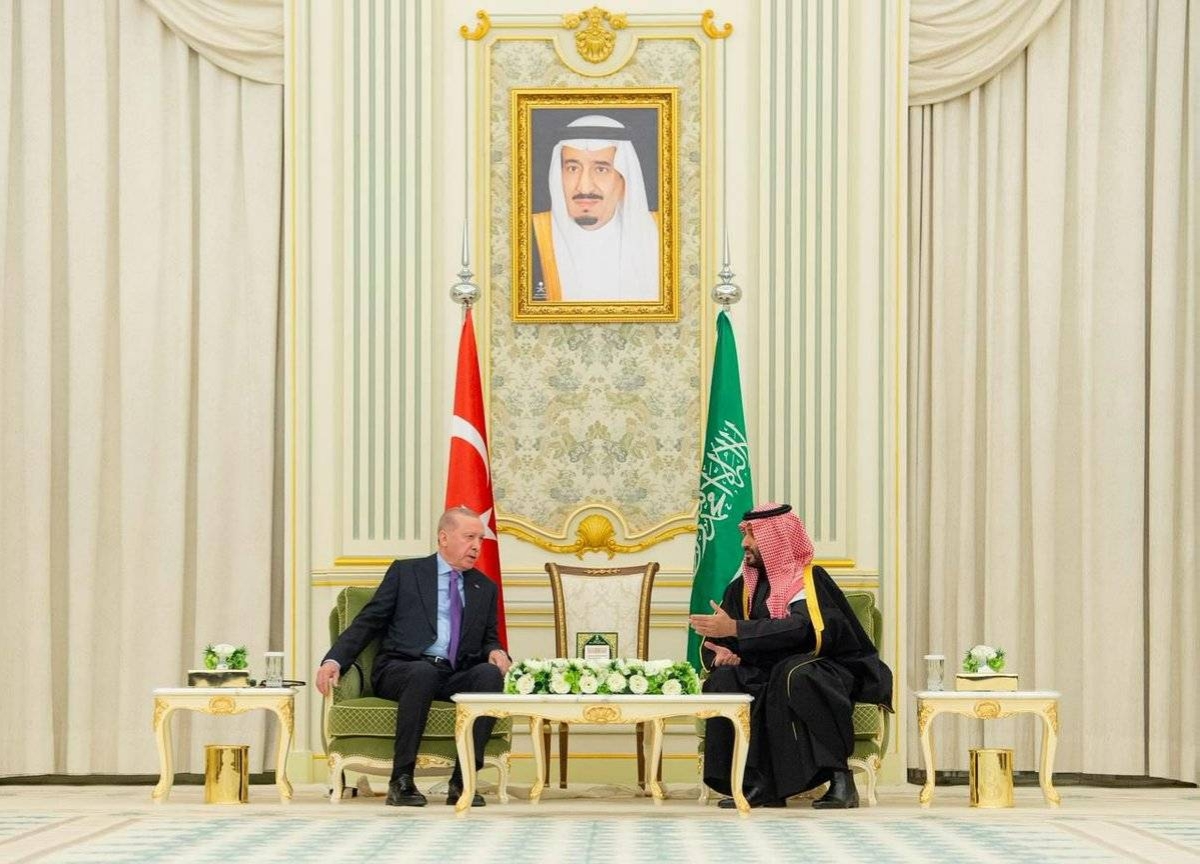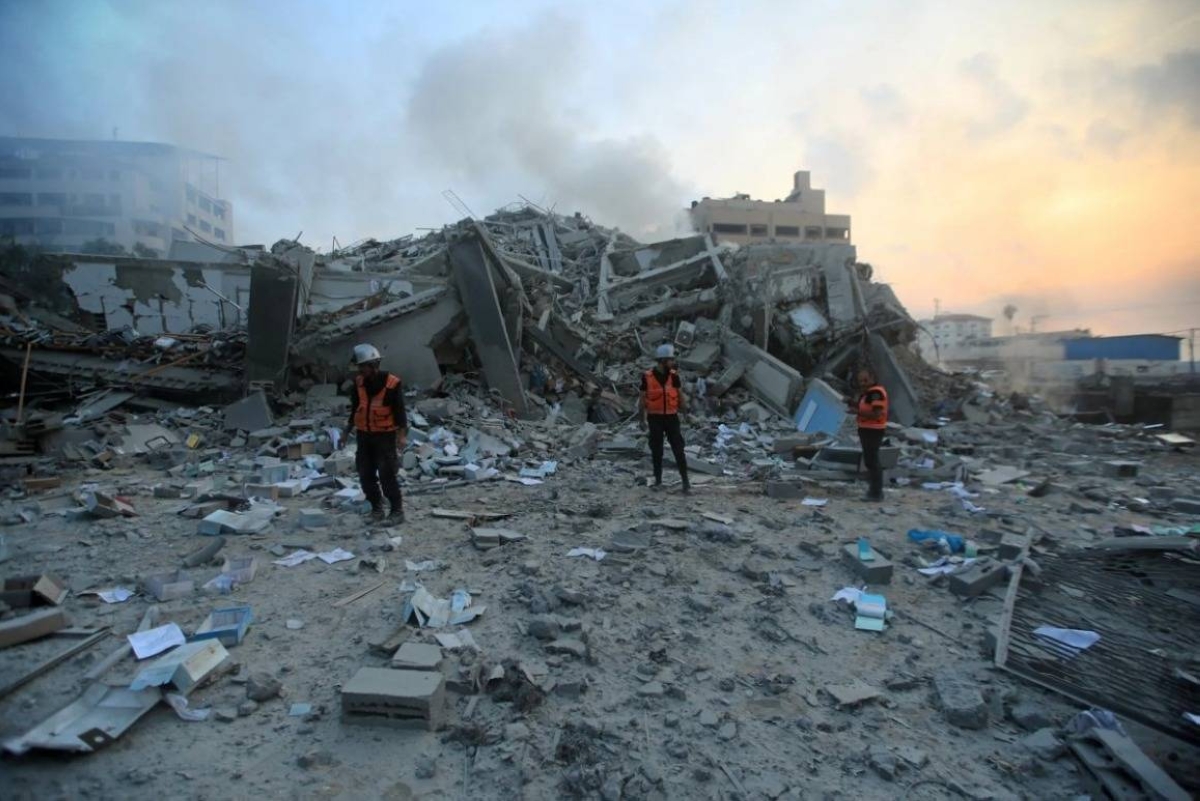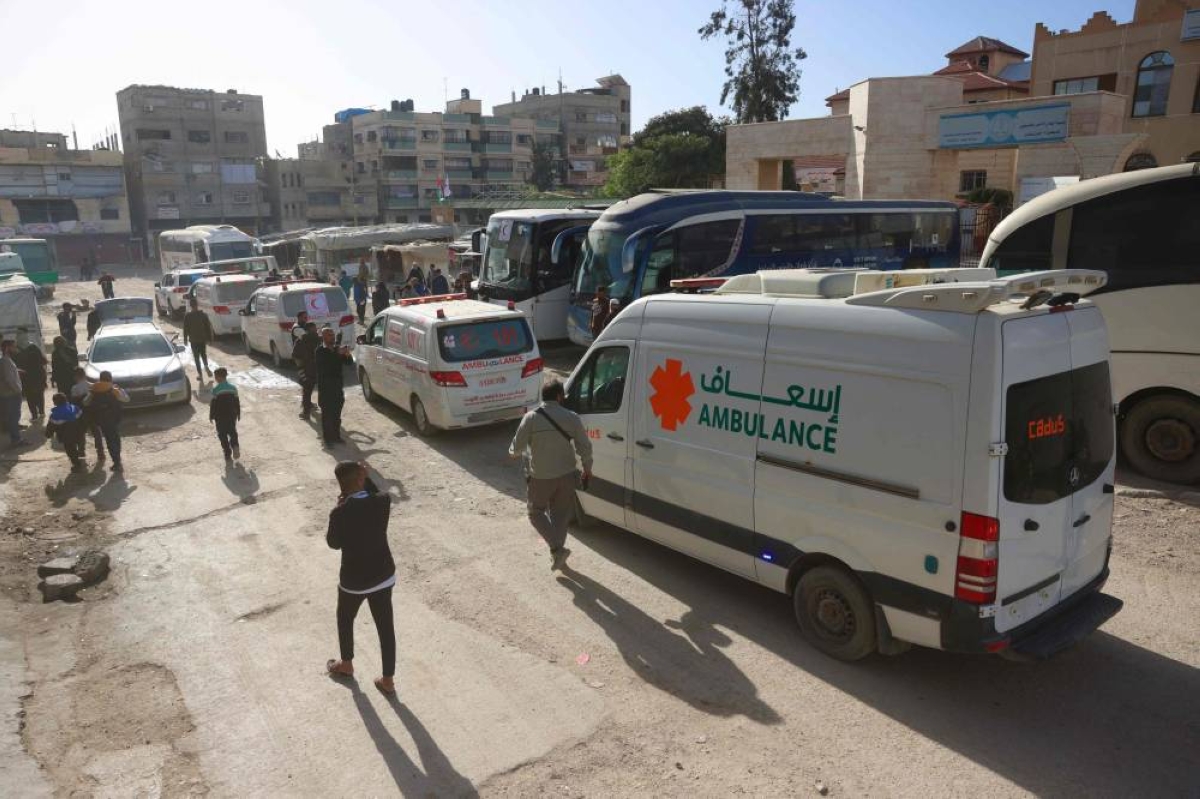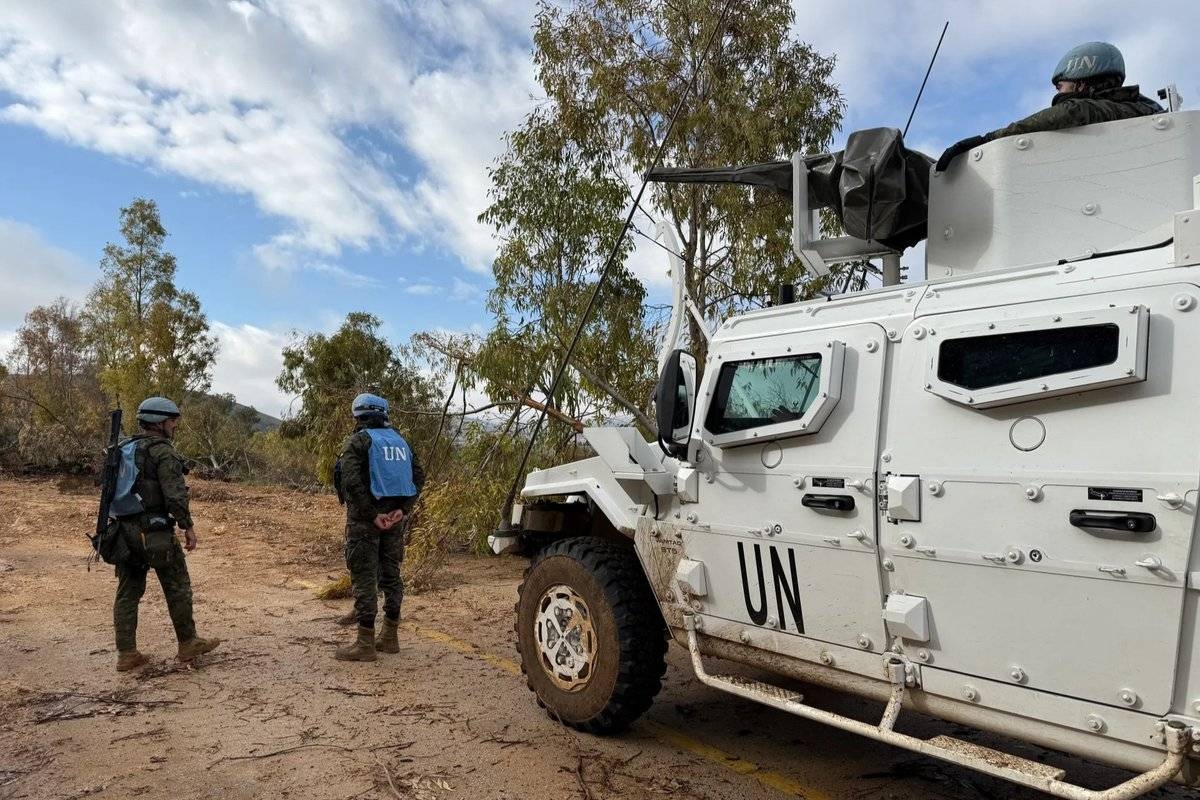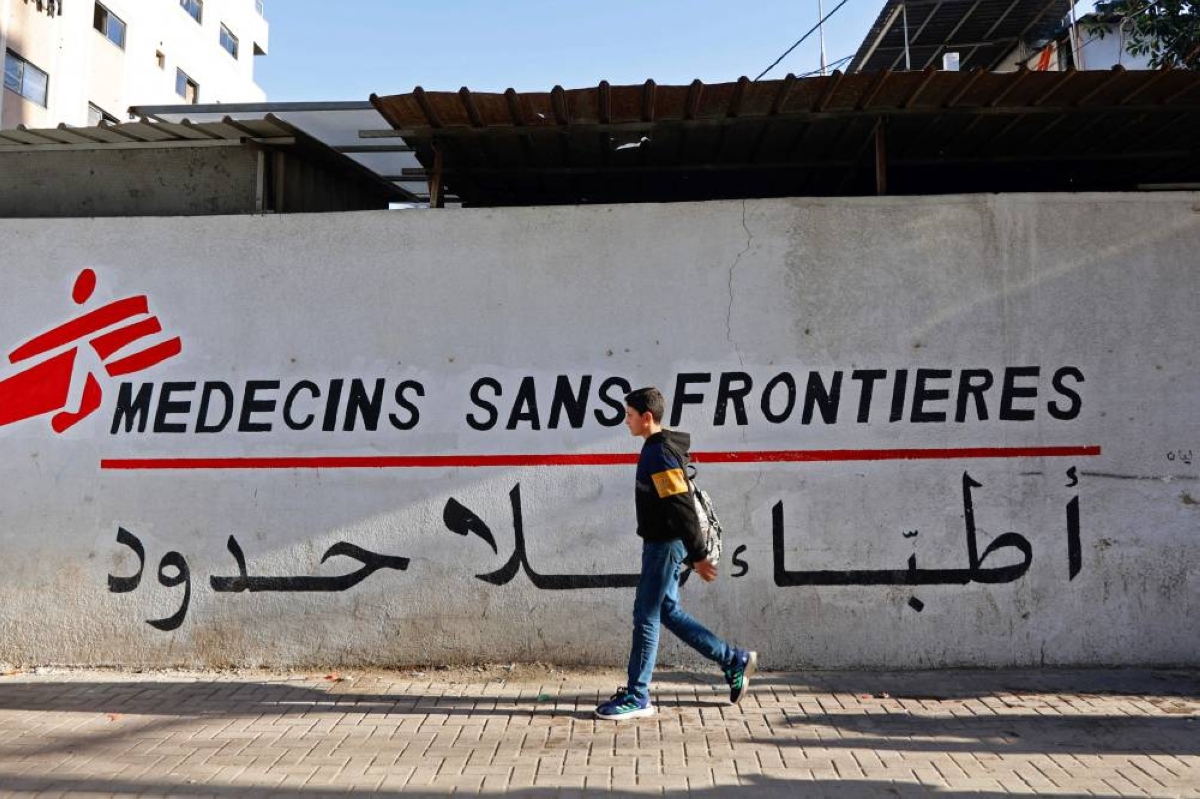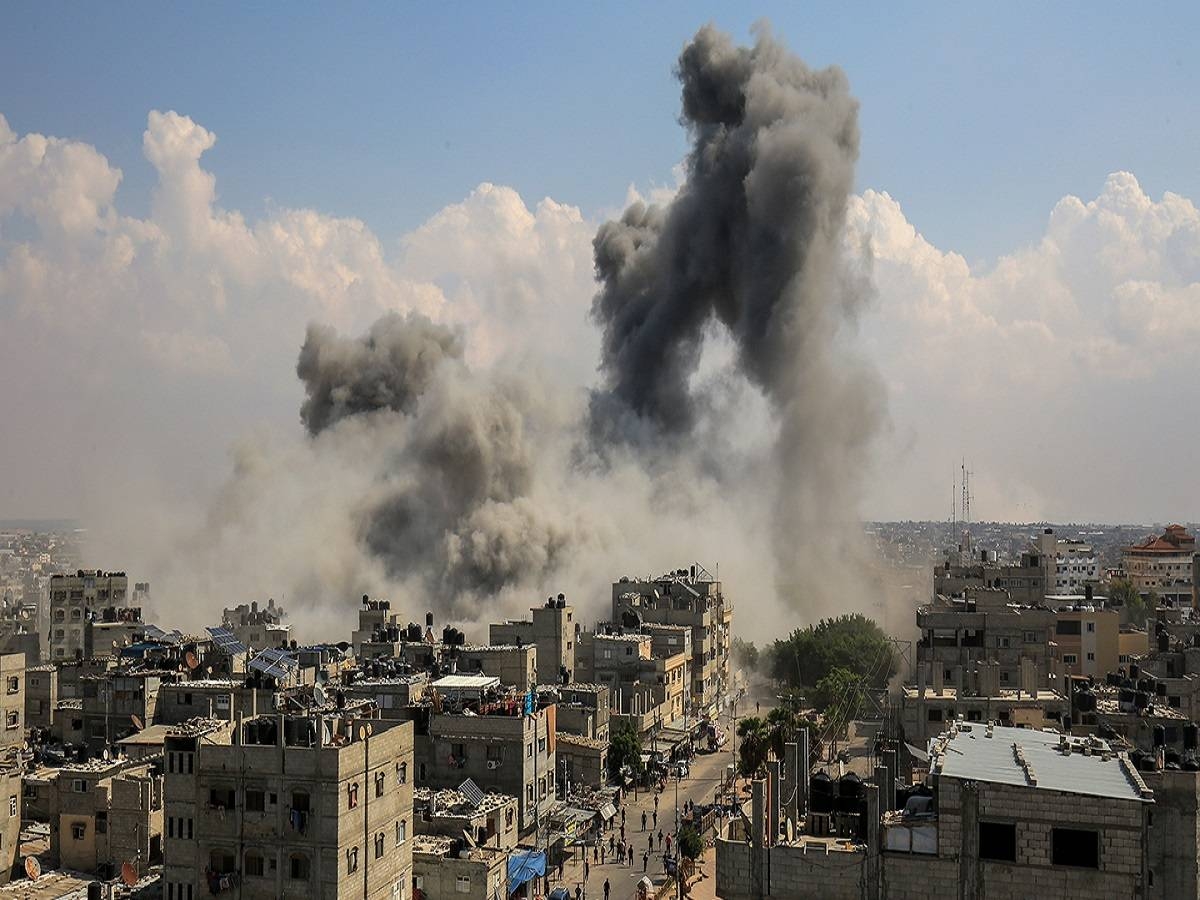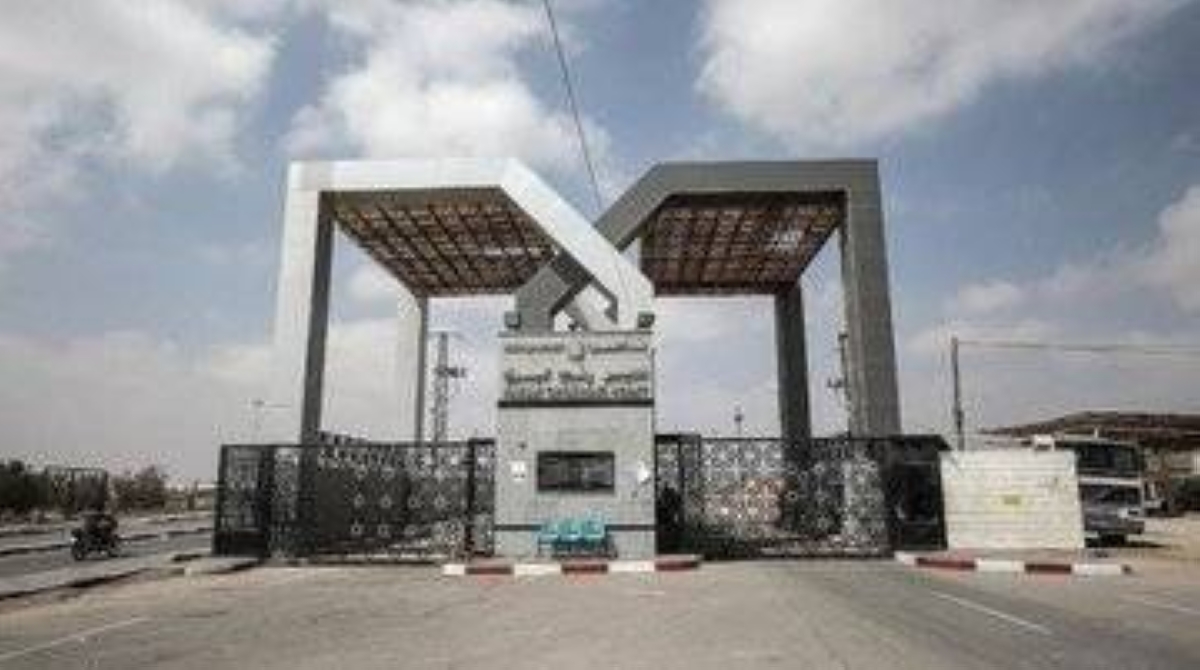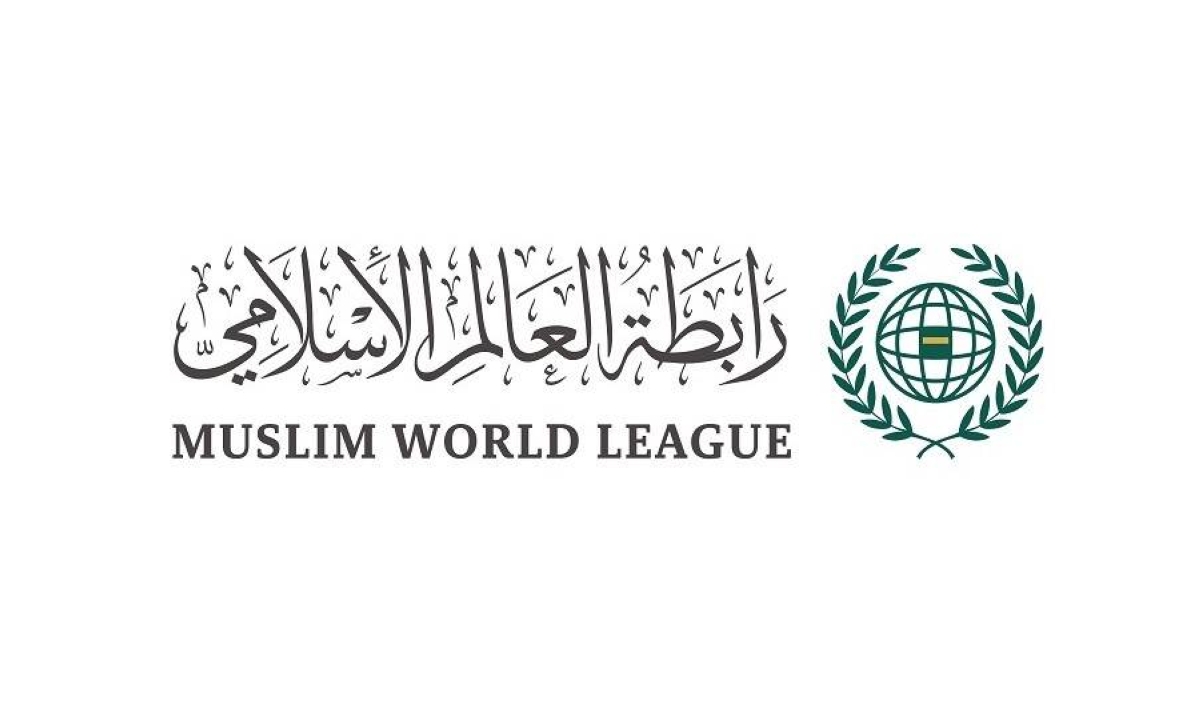Saudi Arabia, Jordan and the United Arab Emirates led regional states Monday in condemning Israel's move to ease settlement expansion and widen its powers in the West Bank, a step critics said went in the direction of annexing occupied land.Sunday's decisions by Israel's security cabinet will make it easier for Jewish settlers to buy land in the West Bank and give Israeli authorities more power to act in areas supposedly under full Palestinian control, two senior Israeli ministers said.**media[415019]**One of them, Finance Minister Bezalel Smotrich, said in announcing the decisions that the government would not allow the the idea of a Palestinian state.A joint statement by foreign ministers of Middle Eastern and some other Muslim countries, including Egypt and Turkiye, denounced the decisions as a violation of international law that would undermine the vision of a two-state solution as well as stability in the region.They said the moves meant to entrench Israeli settlement of the West Bank, displacing Palestinians and imposing unlawful Israeli sovereignty there. Annexing the territory has long been a priority of far-right parties in Netanyahu's coalition.**media[415020]**Most nations have long backed the creation of a Palestinian state alongside Israel as the best way to resolve the generations-old conflict and see the West Bank, which Israel has occupied since 1967, as the largest part of that future state.Israeli Defence Minister Israel Katz and Smotrich issued a joint statement explaining the decisions of the five-member security cabinet, which were not published in full.The security cabinet decided to repeal a law dating from Jordan's control of the West Bank before 1967 to make land registries public rather than confidential, and to remove a requirement for a permit from a civil administration office.They said these moves would make it easier for Jews to purchase land in the West Bank.Hagit Ofran from the Israeli settlement watchdog group Peace Now said the decision was barred by international law and represented a step towards annexation of the West Bank.**media[415021]**"The decision to allow every Israeli the right to buy land in the West Bank without government approval, without inspection, is also another way of saying it's normal life. It's not occupied territories, it's like part of Israel," she said.Annexation is opposed by US President Donald Trump, who last year said he would not allow Israel to carry out such a step."It's not going to happen," Trump, who is expecting Netanyahu at the White House for a meeting tomorrow, said in September.Katz and Smotrich also said the government had decided to expand monitoring and enforcement actions regarding water offences, damage to archaeological sites and environmental hazards to areas A and B of the West Bank.Under the Oslo interim peace accords of 1993, Area A was designated as under security control of the Palestinian Authority and Area B as under joint control with Israel. Most of the West Bank became Area C under full Israeli security control.Those changes could allow the Israeli military to carry out demolitions of Palestinian property and prevent Palestinian development not only in Area C but throughout the West Bank, Peace Now said in a statement.In Hebron, a West Bank city with extensive archaeological remains and a significant Israeli settler community, Palestinians voiced dismay at the decisions."It becomes easier to confiscate land, easier and faster to expand settlements and easier to demolish Palestinian homes," said Issa Amr, who heads an organisation in Hebron called Youth Against Settlements.
Region
Sunday, February 08, 2026
Sunday, February 08, 2026
Sunday, February 08, 2026
Monday, February 09, 2026
Sunday, February 08, 2026
Omani FM holds separate talks with US, Iranian delegations in Muscat
Friday, February 06, 2026
Recovery of bodies under rubble suspended due to lack of fuel- Gaza's Civil Defense
Tuesday, February 03, 2026
Gazans begin crossing to Egypt for treatment after partial Rafah reopening
Tuesday, February 03, 2026
UNIFIL warns Israel against dropping unidentified chemicals over Southern Lebanon
Tuesday, February 03, 2026
One Palestinian martyred, others injured in Israeli occupation drone strike North of Wadi Gaza
Sunday, February 01, 2026

